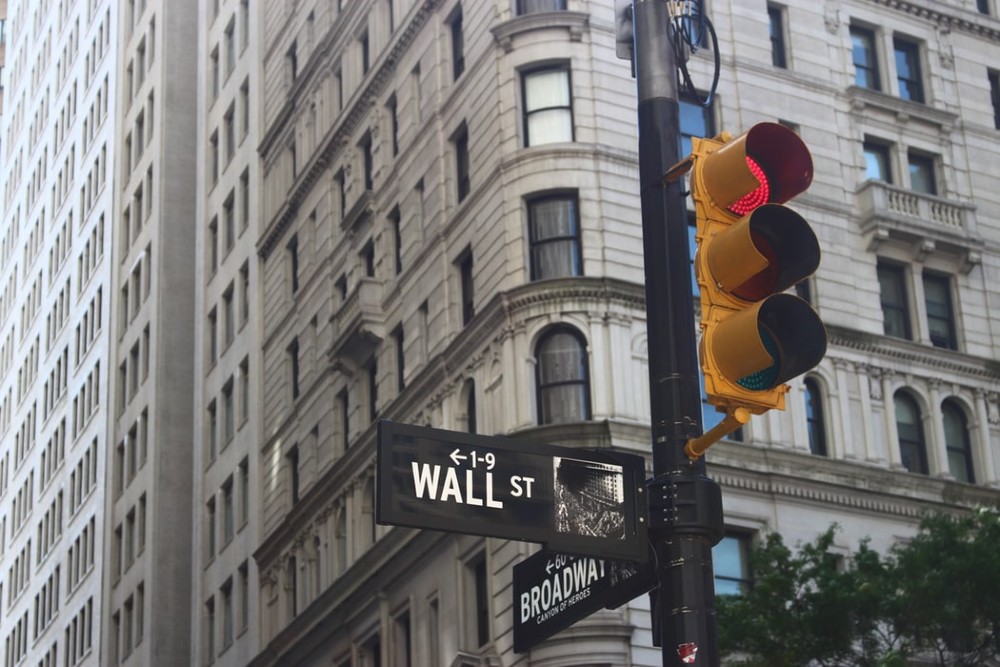Wall Street companies are now using automation in their trading decision-making process. Their employees are currently working side by side with these automations. Thousands of jobs have also been lost due to employees being replaced by automated systems that are now able to do their jobs.
The fallacy that artificial intelligence (AI) will only replace mundane jobs and repetitive tasks are being proven wrong in Wall Street. The media and top consulting firms are also refuting a claim that this technology will free up workers to do more and become more productive.
This has resulted in the House Financial Services Committee’s Task Force on Artificial Intelligence to conduct a meeting with university academics and Wall Street financial services professionals. The meeting, which was held last week, addressed the impact of AI on trading, market surveillance and Robo advisories.
Addressing Wall Street automation challenges
The meeting also expanded into other financial services sectors. Rep. Bill Foster, the chairman of the AI task force, quoted a report by Wells Fargo predicting 200,000 banking jobs in the U.S being lost in the next 10 years to highlight the urgency of the meeting. The meeting discussed the impact AI was having on the running of Wall Street.
Lopez de Prado, a Cornell University professor and former head of machine learning at AQR Capital Management told the US House Committee on Financial Services that,
Financial machine learning creates a number of challenges for the 6.14 million people employed in the finance and insurance industry, many of whom will lose their jobs—not necessarily because they are replaced by machines, but because they are not trained to work alongside algorithms.
Prado also agreed that jobs that, in the past, were held by thousands of people in Wall Street, had already been replaced by automation. He made a comparison with the New York Stock Exchange. In the past, its floor was filled with traders and clients looking to make trades. Decades later, this has changed significantly, and only a small number of live traders make their way to the trading floor. All activities were automated, leading to thousands of people who traded on the floor, losing their jobs.
Other industries, such as investment banks, have also replaced jobs with artificial intelligence. Goldman Sachs has already implemented electronic trading and is now employing people with backgrounds in Math, technology, software, and coding to work side by side with these automated systems.
The fear of being replaced by AI, therefore, should not be brushed aside. It is happening in major industries such as financial markets and manufacturing. Invitation by the House Committee to discuss this matter was a step forward in addressing the impact these technologies are having on the job market.
Featured image by Pixabay







